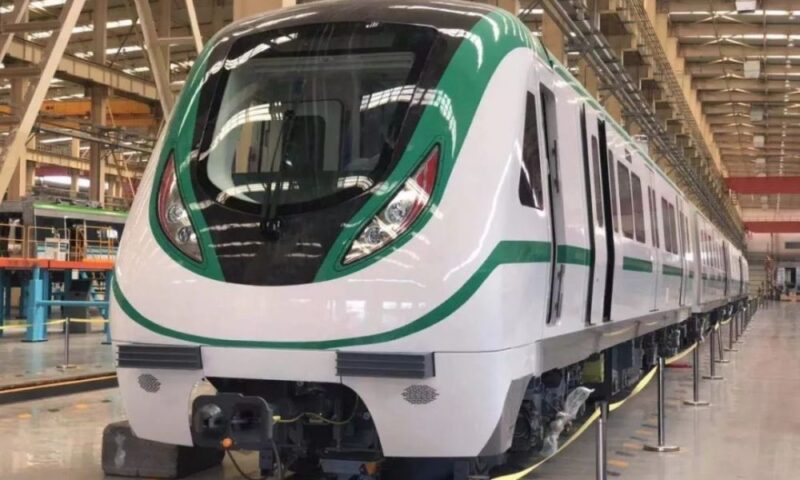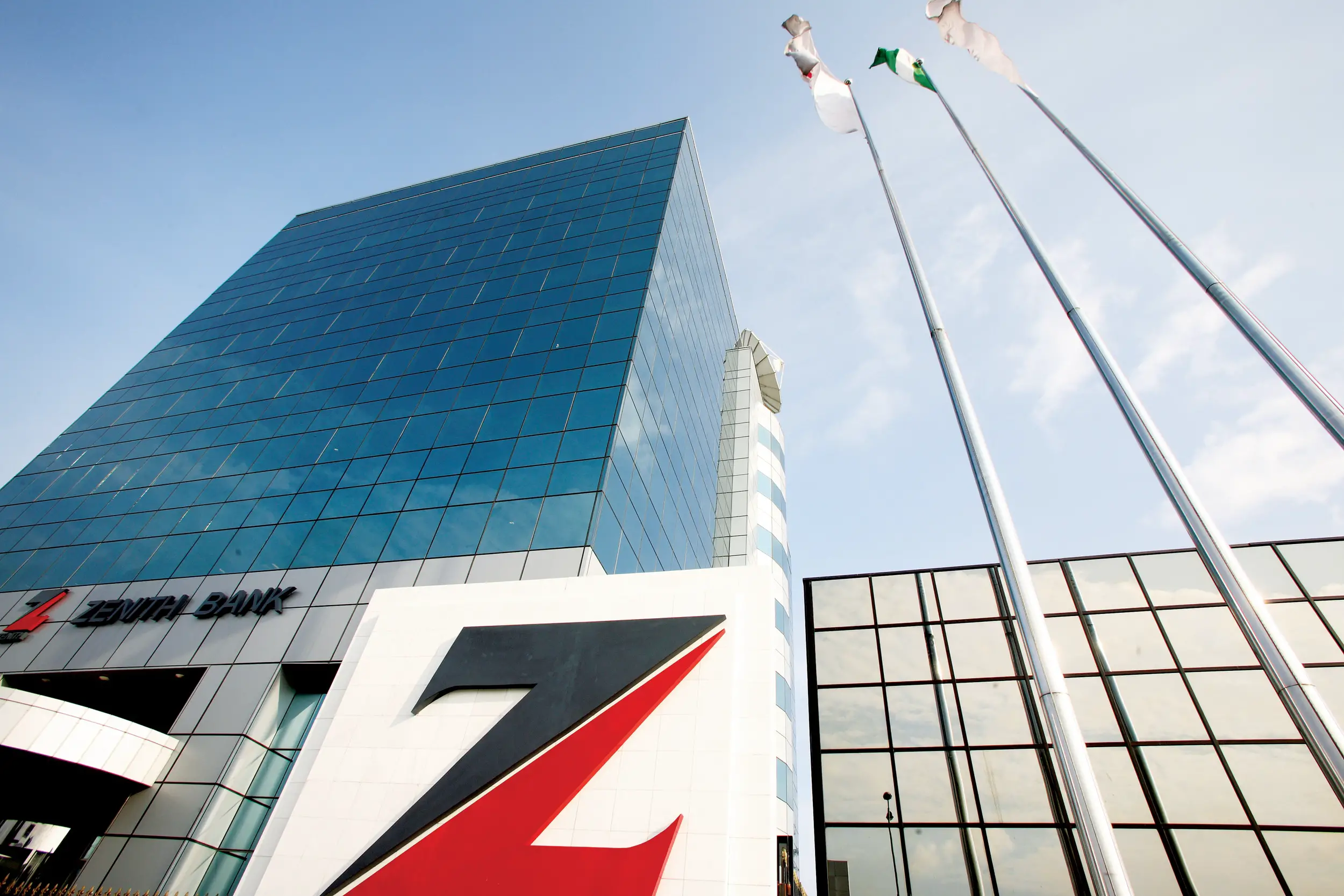Nigeria’s transport sector is set for a revolution as the Lagos-Abuja bullet train reduces travel time to 2 hours, boosting trade and infrastructure
[dropcap]N[/dropcap]igeria’s transportation sector is on the brink of a major transformation as the Lagos-Abuja High-Speed Bullet Train project gains momentum.
Also read: Lagos govt to extend Blue Rail Line to Ogun
This ambitious initiative is set to reduce travel time between the two cities from 12 hours to just 2–3 hours, offering a faster, safer, and more efficient alternative to road travel.
The Director of Operations at Geofocus Consortium, Engineer Yinka Idris, described the project as a milestone in Nigeria’s infrastructure development.
In a statement on Tuesday, he praised President Bola Tinubu’s administration for prioritising large-scale projects and fostering Public-Private Partnerships (PPP) to drive economic growth.
“This initiative aligns with President Tinubu’s vision of leveraging private sector expertise to deliver world-class infrastructure without overburdening public finances,” Idris stated.
Beyond faster travel, the bullet train is expected to boost trade, enhance the business environment, and ease road congestion.
As part of the development, ten smart cities with 10,000 housing units each will be built along the rail corridor.
Additionally, an independent power plant will be constructed to support the railway and its surrounding infrastructure.
The project is also expected to create thousands of jobs during construction and operation, further supporting Tinubu’s commitment to reducing unemployment and fostering economic prosperity.
“With feasibility studies completed and proof of funds secured, the project now awaits approvals from the Infrastructure Concession Regulatory Commission (ICRC) and the Federal Executive Council (FEC) before construction begins,” Idris confirmed.
Construction is expected to take between 48 and 52 months, marking it as Nigeria’s largest-ever PPP-driven infrastructure project.
Also read: Lagos still working with Tinubu’s 20-year blueprint – Sanwo-Olu
Once completed, the bullet train will not only revolutionise travel but also contribute to sustainability by lowering carbon emissions and extending the lifespan of highways.























